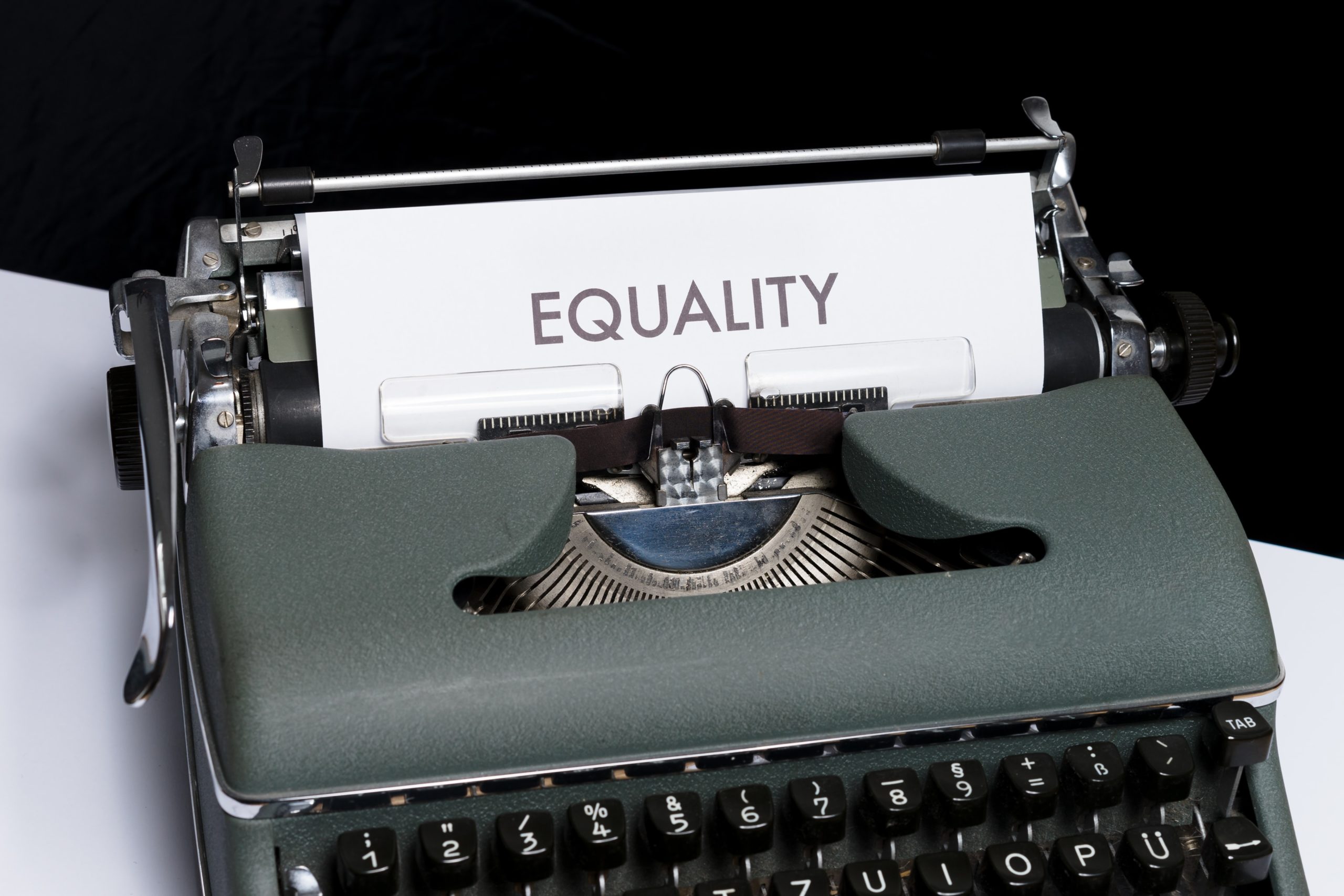Tuesday, 06 Sep 2022
The Gender Equality Commission has this week published South West Healthcare’s Gender Equality Action Plan (GEAP), which you can view alongside gender audit results from public service organisations across the state. This action plan and audit is the first of its kind, with more than 300 public section organisations taking part, employing more than 450,000 workers.

Image courtesy of Unsplash.
South West Healthcare’s GEAP has been designed to develop actions to address the gender pay gap, access to flexible working arrangements, career and progression opportunities for all genders and eliminating instances of sexual harassment.
It is important no individual is discriminated against or denied opportunities because of their gender or gender identity. Our GEAP focuses on furthering South West Healthcare’s inclusive, equitable and just culture to attract and retain talented people and help individuals to achieve their full potential. The plan aligns with our Disability Action Plan, Cultural Safety Plan, Equitable Access Policy and our People and Culture Strategy.
South West Healthcare aspires to be an organisation where all people are valued, respected, have equal access to opportunities and are encouraged to realise their potential. We all have a role to play in creating a vibrant community, and a moral and ethical imperative to provide a fair and enriching environment for staff, volunteers, patients and visitors, which reflects the evolving expectations of the communities we serve. Our workplace can influence attitudes, behaviours and social norms to create gender equality and diversity, and we are excited to do so.
To start with, SWH’s audit has found both some welcome positives to celebrate within our own organisation, as well as highlighted some areas where we can improve.
Although healthcare is traditionally a female-dominated field, we were pleased to learn that:
- the gender composition of people who participated in career development training in the last year was 90% female and 10% male; this demonstrates our commitment to ensuring that women are given the opportunity to gain new skills to progress their careers into higher levels of management (an issue highlighted in the Commissions baseline data);
- 57% of our technicians and trades roles are held by women, and 77% of our labourer roles are also held by women, bucking societal trends for roles that are traditionally held by men;
- 72% of positions recruited for were awarded to highly skilled and capable women;
- and 56% of women in our organisation were promoted to higher duties, recognising those skills.
Other positives to note:
- 60% of management positions at South West Healthcare are held by those who identify as women. This is further supported by the fact that 50% of our executive team are female and 50% of our board positions are also held by females, demonstrating a commitment to a truly equitable and diverse leadership team.
- SWH has established internal initiatives such as our Scholarship Program that further supports educational and development opportunities for staff working towards career advancement, upskilling, alternative career pathways etc, all of which can have positive impacts on gender pay gaps.
However we will be working hard over the next 12 months to address:
- The gender pay gap. The commission reported a median annualised base salary gap of 3.9% between male and female employees. Within the GEAP we will be seeking to better understand and address this going forward and have committed to a bi-annual pay equity analysis of departments as well as conducting annual pay parity analysis.
- 10% of women and 6% of men reported experiencing sexual harassment in the workplace. Whilst more than half of these respondents noted that this was at the hands of patients/ consumers or a member of the public, SWH is dedicated to eradicating the exposure of inappropriate behaviour and violence towards our staff while they carry out their jobs. In order to address this we have provided staff with training and resources, we have active ‘code’ responses with teams immediately responding where incidents are reported and have robust reporting systems in place which are reviewed and monitored regularly. We continue to work towards enhanced built environments that promote best-practice care and staff safety and visibility, as a part of our redevelopment projects.
- The gender composition of paid parental leave takers was 13% men and 87% women, demonstrating that a societal norm still exists where women are the primary care-givers with young children or older parents. SWH would like to address this head-on by continuing to offer flexible working arrangements to all parents and carers, regardless of gender, to ensure that the responsibilities and career choices regarding raising children have an equitable impact. However should women choose to take time out of their career to raise a family, there have been a number of positive changes to the EBA to ensure greater equity for women, and they include:
- years of service are no longer a factor in pay progression for long service leave (therefore if you have taken maternity leave, that time still counts towards your accrual of long-service leave);
- women are still paid superannuation on maternity leave (including unpaid maternity leave), up to 12 months;
- paid parental leave has been extended to 14 weeks (previously 10).
We’d like to encourage all staff to have a look through the GEAP and the audit data. We’d also like to thank a number of stakeholders who have helped us pull this body of work together over the last 12 months, including various internal working parties and committees, Women’s Health and Wellbeing – Barwon South West, industrial advisors and relevant union representatives.
Next steps: In order to see the Gender Equality Action Plan come to life, SWH are actively exploring opportunities to partner with other regional health services and organisations to share a dedicated resource. We hope to share more information about this position in the coming weeks.
Page last updated: 30 November 2023


